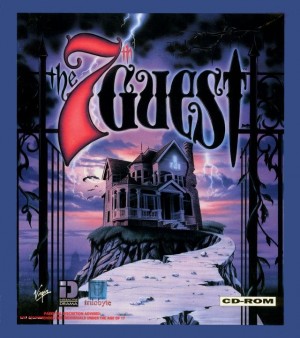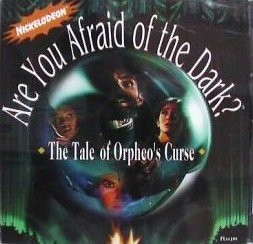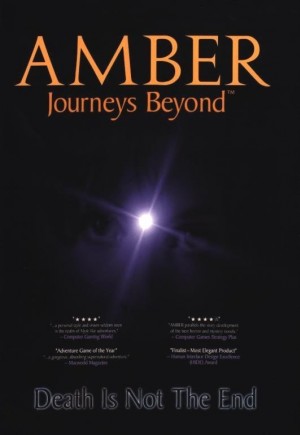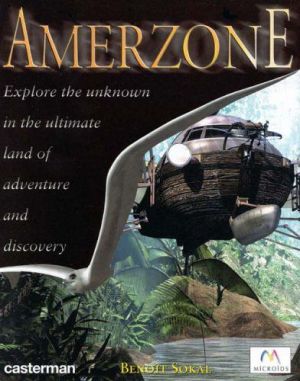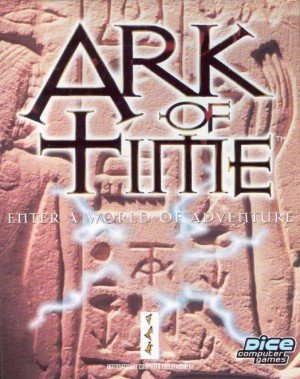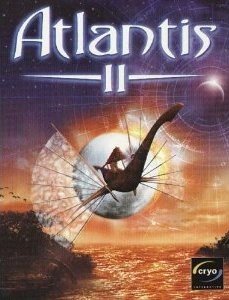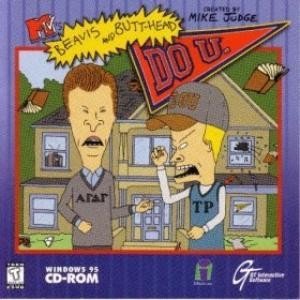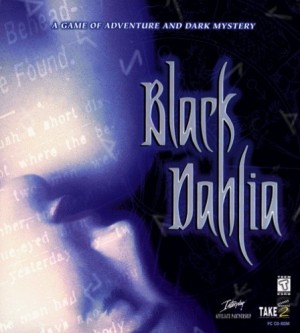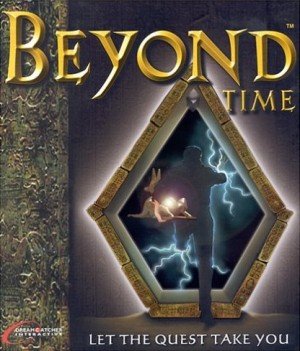A profile of Telltale Games
Storytelling is a lost art in modern gaming. As the ability of technology to dazzle our senses has improved exponentially, so has the race to best exploit that technology become more and more fierce. The result has been high-profile duels between visually stunning games such as Doom 3 and Far Cry--games for which a coherent story is of secondary concern--and story-driven games being relegated further and further into a niche market. Even many recent high-profile adventure games have given us stories and characters that can be described as shallow at best.
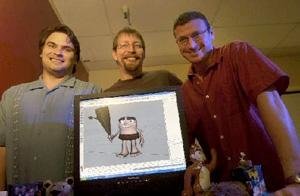 |
Dan Connors, Kevin Bruner, Troy Molander |
One new adventure developer is not content to let storytelling be a secondary matter. Telltale Games, a San Francisco-based developer with some big plans for the adventure genre, announced their incorporation today. Telltale is led by a trio of ex-LucasArts employees: Dan Connors, CEO and former producer/director at LucasArts; Kevin Bruner, Chief Technology Officer who helped develop the engines for many prominent LucasArts titles; and Troy Molander, former director of the LucasArts Technical Art Department. All three were participants in the development of Grim Fandango, possibly the most critically lauded adventure ever, and Connors and Bruner were a substantial part of the cancelled Sam & Max: Freelance Police. That cancellation, and the subsequent fan outcry, led the three principals to form Telltale Games.
I spoke with these three, along with head writer Brendan Ferguson, last week as they discussed the future plans for their company, and as a lifelong fan of adventures and of great storytelling, I walked away from the conversation with a great deal of hope--for here is a group of seasoned developers who sincerely understand what makes adventure games so great, and who are determined to prove that the genre is not a relic of the past. Throughout the conversation, the words "characters," "acting," and "dynamic story" kept coming up, and the technology that Telltale has developed was repeatedly described as existing only to serve the storytelling--an encouraging concept for any fan of adventures.
With most of Telltale's team (which has grown since their inception to seven, soon to increase even more) having been a part of Grim Fandango and many of them having worked on Full Throttle--two games generally referred to as the most excellent of "cinematic adventures"--you would think their aspiration would be to produce similar games. Yet this is not the road that Telltale is choosing to go down; rather, they have expressed interest in creating "television adventure games." If that idea makes you want to reach for the remote, read on. The Telltale folks believe that long, epic games are not the most effective way to tell a story, and would rather tell their tales in small doses--though they caution that their planned projects should not be labeled as episodic. Episodic, which describes games such as AGON and television shows such as Alias and 24, implies one long story told in small chunks, with each successive piece effectively requiring you to be caught up on what's going on. While often compelling, it usually does more harm than good as potential fans are leery of jumping on in the middle of a story. It's not a model that has worked well before in gaming, and it's not the goal for Telltale.
The goal, rather, is to create something in the vein of a popular television sitcom such as Friends or Frasier. Over their respective ten- and eleven-year lives, these shows chronicled an enormous amount of change in their principal characters' lives--yet they never functioned as serials, each week ending with a cliffhanger and characters always left in precarious situations; rather they consistently served as pleasant half-hour diversions that could easily be missed or skipped or watched out of order with minimal disruption to the viewer's understanding of the situations.
This is the ultimate goal for Telltale: to be producing multiple "shows" and bringing out regular "episodes" that carry a lower price point and a shorter playing time. Specifics of the pricing and method of distribution are obviously to be worked out in the future, but estimated playing time would be 4 to 6 hours for each episode of each show. This shorter playing time, combined with the fact that the games will be built on essentially the same engine framework (a la Sierra's SCI days), will allow them to come out with much more frequency--in fact, Connors told me that the goal will be a period as short as four months between episodes of any given series, and the eventual goal will be a new Telltale adventure every five to six weeks!
In order to facilitate the most dynamic storytelling possible, Bruner has developed an engine that is designed to make the story development process as smooth as possible. The guys told me stories of their experiences developing adventures--how a change in one simple line could take weeks to go through the process of voice acting, then art redesign, then re-coding. Changes in small things like shadows were equally painful to execute--and in most adventures, this leads to minor mistakes being considered "not worth the trouble to fix." The Telltale engine is structured to make those and other changes as easy and smooth as possible for the writers and designers, so that changes can be made on the fly without causing a week of re-work. As an example, Bruner promises that little things like tweaking the timing of a grin on a character's face will be extremly easy to execute, and perfect. Technically speaking, the engine is not designed to dazzle the player (though the games will certainly be good-looking 3D); rather, Bruner made the fascinating comment that the engine is built "to dazzle the designer" with its ease of use and how well it lends itself to dynamic storytelling. This is certainly an approach to engine building that you don't normally hear in commercial gaming these days.
The difference in the end product should be evident to gamers. Telltale speaks of a fundamental change in the approach to game mechanics--how they should be dictated by the needs of the story, and should be set up to respond dynamically to the characters. They would like to eliminate the large line drawn between the normal game portion "where you're just walking around waiting for something to happen" and the big, eventful cutscenes; ideally for Telltale, their entire game will feel like one large playable cutscene.
Part of the storytelling will involve frequent cinema-like camera cuts and a great deal of in-game camera movement (presumably similar to Wanted (The Westerner) or Broken Sword 3)--though they're quick to say that there will be no "chase cams," a wise decision to be sure. Both of the above-mentioned games, while taking important steps forward for camera work, did have their fair share of stumbles, so it will be interesting to see how well Telltale handles this area in their engine.
Details of Telltale's first project can't be released at this point, as negotiations are still taking place, but they are pursuing more than one prominent license as well as developing original ideas. Plans for distribution are not in place at this point either, but Connors does say the goal is to "get content to those that want it"--which seems to be an indication that online distribution will at least be pursued. Telltale is a company with a lot of exciting ideas and a clear vision for the genre, and it should be very fun to see how those ideas play out. We promise that Adventure Gamers will be your best source of information regarding Telltale's future projects, so stay tuned to these pages for all the latest!



